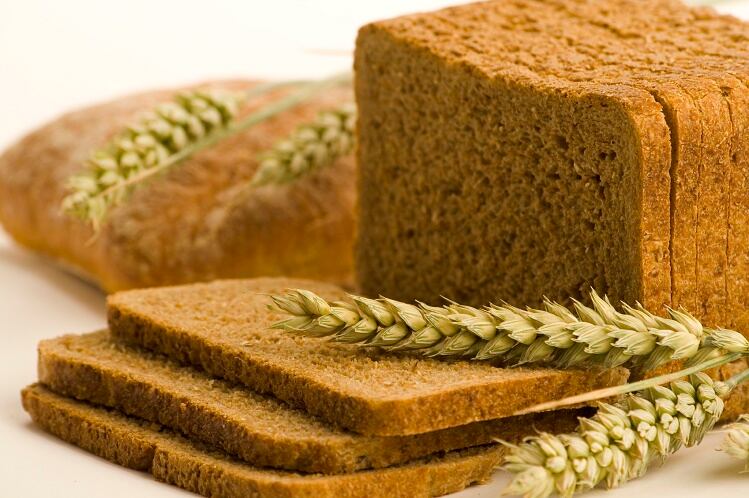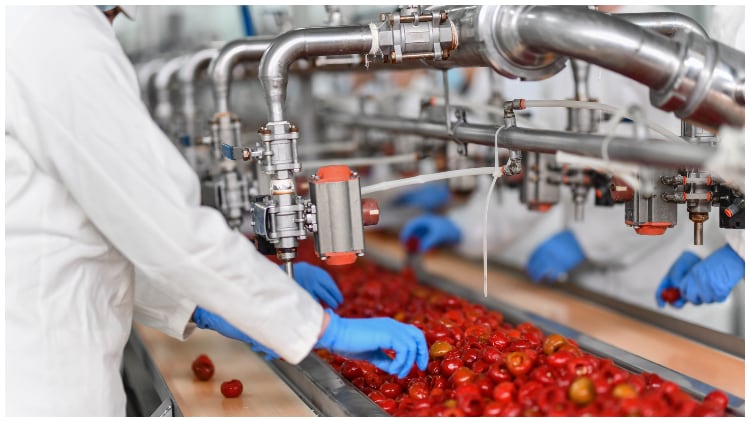While evidence exists that ultra processed foods – classified under category four of the NOVA food classification system – are problematic for weight gain, cardiovascular disease risk and metabolic disease risk in general, there’s isn’t enough to support sweeping changes to policy.
Richard D. Mattes, MPH, PhD, RD, a distinguished professor of Nutrition Science at Purdue University, told health care publication Healio there needed to be data from epidemiologic studies, randomised control trials and mechanistic studies to be able to form a watertight argument against ultra processed foods.
“We have been reviewing the literature with respect to these three types of data and there is an abundance of epidemiologic evidence showing very convincingly that there is an association between consumption of ultra processed foods and obesity,” Mattes explained.
“It's been meta analysed many times and consistently shown to be a positive effect. It is small, often in in these meta-analysis with an effect size ranging from about 2% to up to maybe 50%, but with an average of about of a 20% increase in risk.
Association to obesity risk
“What that says is that yes, there is a positive association, but it's actually no stronger than the association that we have seen documented for things like exercise and education level and many other factors that have been associated with obesity risk. So, it doesn't really stand out in terms of magnitude of risk.”
When it came to randomised controlled trials – of which there is only one at present – it was found that individuals eating a diet of primarily ultra-processed foods did have an increase in energy intake, but this diminished over time.
It was hypothesised that if the trial had been extended just a bit more than the two weeks in which it was conducted, that increase would have been completely eliminated. Ultimately, the magnitude of the problem based on one clinical trial was not clear.
“Additional randomised clinical trials are certainly needed to establish causality here, but what we focused on primarily are mechanisms and to date, there are many hypothetical mechanisms – we've identified about 16 that are cited in the literature,” Mattes remarked.
Mattes and his team further categorised these 16 mechanisms into three groups: food properties that influence food choice; foods that differ in composition; and foods that act at the level of digestion and metabolism to alter weight gain.
Food mechanisms
- Food properties that influence food choice: Palatability and effects on hunger and satiety, appetitive sensations
- Foods that differ in composition: Macronutrient composition, textural properties, energy density, whether or not they contain low calorie sweeteners.
- Foods that act at the level of digestion and metabolism to alter weight gain: Oral processing, effort and eating speed, gastrointestinal transit time, effects on the microbiome.
Lack of adequate evidence
“Our review of the literature indicates that there isn't adequate evidence to support any one of these,” Mattes continued. “One would expect there to be specificity, that is if a particular property held for one category – say ultra processed foods – it shouldn't also hold for minimally processed foods.
“For example, one can find highly palatable, minimally processed foods, as well as highly palatable, ultra processed foods, so there's no specificity there.
“Second, there should be a clear link to the processing itself, so clarity of mechanism and finally consistency is an issue – for example, a food that contains a low calorie sweetener is by definition ultra processed.”
In this example, the use of low-calorie sweeteners have been shown to aid in weight management rather than exacerbate weight gain, so even though they're used as a criteria for classification into category four, they actually have beneficial effects.
“Similarly, high fat foods are often viewed as problematic and put in category four, yet there are foods that would reduce glycaemic index, which is one of the mechanisms that purportedly links ultra processed food intake with obesity risk,” Matte added.
‘Intriguing hypothesis’
“So, there's a lack of consistency there as well. In the end, we have an intriguing hypothesis that ultra processed foods are especially problematic for obesity risk, but at present an inadequate evidence base to draw policy or even clinical decisions.”
Matte urged caution for any group looking to limit the consumption of ultra processed foods, as there a very tangible potential outcomes associated with a shift away from eating many of the foods covered by the category.
Many of these foods are enriched and fortified, and contribute a substantial amount of nutrients – especially ‘short fall’ nutrients – needed in the diet. If ultra processed foods were eliminated, it would decrease diet quality.
“Ultra processed foods are deemed problematic because they contain preservatives – well, preservatives serve a role,” Matte concluded. “They reduce the risk of toxicity and allow foods to be consumed over a longer time frame – as a result, a more balanced diet over time and less food waste.”
“There are there are some real downsides to a radical shift away from ultra processed foods that have to be evaluated. In the end, we think that there is still need for considerable critical review of the literature and new evidence to support this concept.”





